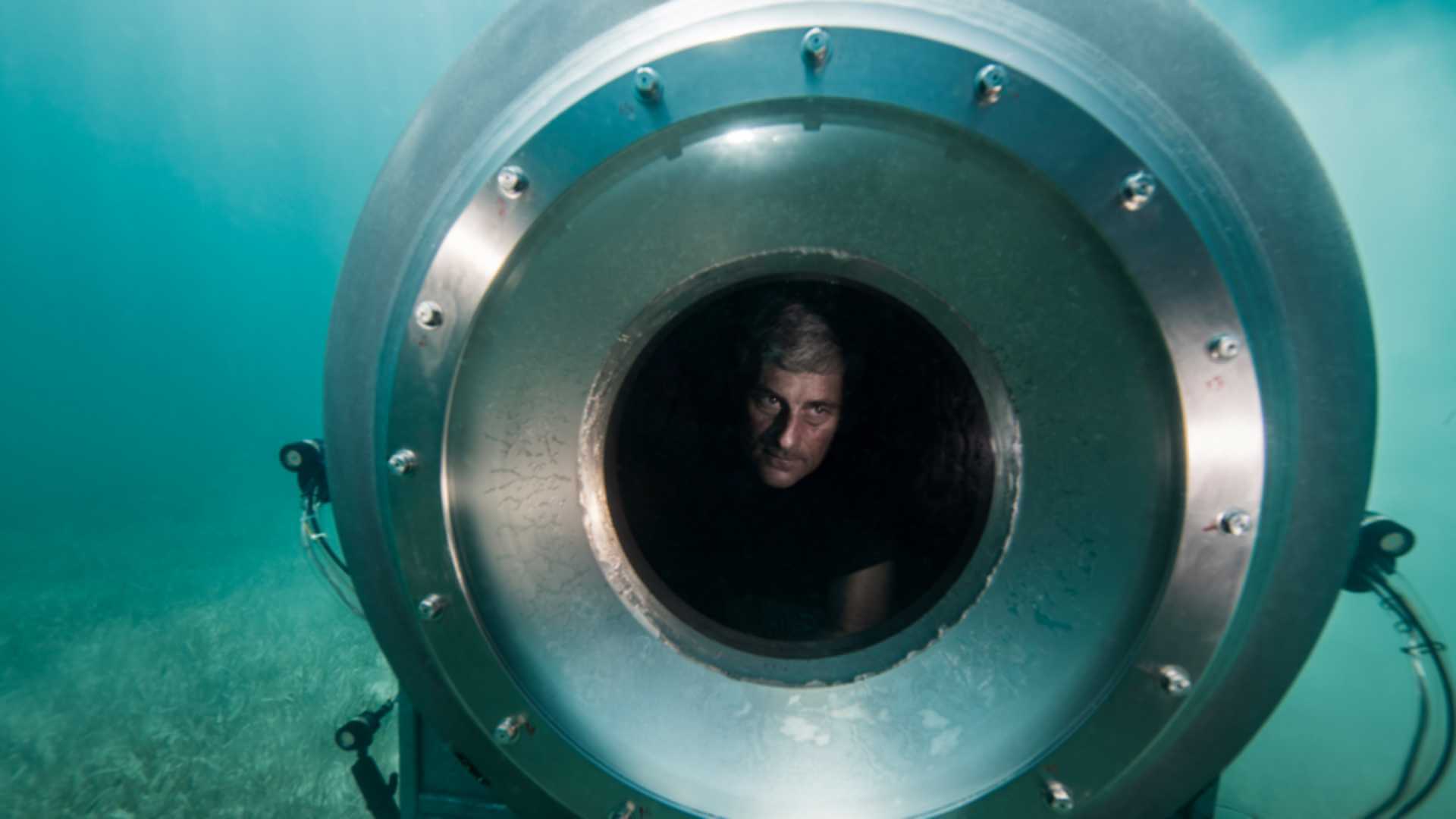"Move fast and break things" goes according to plan in Titan: The OceanGate Disaster
A documentary accounting for how a company's egotistical leader got himself killed at the bottom of the ocean is as obvious as its subject.
Photo: Netflix
“Those who cannot remember the past are condemned to repeat it.” But what about those whose memories aren’t the problem? Those who are blinded by the hubris that they’re too smart, too rich, too well-equipped, too modern to fall into the same traps as those who came before? Is it worse to fail due to ignorance? Or to go in fully informed and choose folly anyway? These questions can apply both to the creator-passenger of the submersible Titan, who died in his sightseeing pursuit of the Titanic‘s wreckage, and the filmmakers of Titan: The OceanGate Disaster, who have made yet another disposable streaming documentary from a viral news story.
It’s not that the Netflix film from prolific documentary writer-producer Mark Monroe (whose work has spanned the sports world, Dr. Anthony Fauci, and—like any modern non-fiction filmmaker—UFOs) has the wrong idea about CEO Stockton Rush, his expedition company OceanGate, or the reasons behind the hull implosion that killed Titan‘s passengers in June 2023. It’s that, in telling a story that’s only being put to film in the first place because of how much schadenfreude online lookie-loos gained from it when it was happening live, the doc doesn’t say anything beyond the obvious.
In order not to be a whole movie based around irony-laden rubbernecking any more than it already inherently is, Titan: The OceanGate Disaster isn’t really about the implosion itself or those that died onboard. Instead of being quite so ghoulish, the film focuses on OceanGate as a company and Rush as its stereotypically egotistical leader. To hear the ex-employees interviewed by the filmmakers tell it, Rush was just another born-rich businessman afflicted with the “move fast and break things” mentality—one who ended up doing exactly that. It all moved quickly, then broke.
Journalist Mark Harris (whose work around OceanGate provides much of the film’s backbone) sets the stage for the rampant concerns around Titan‘s “carbon-fiber construction” and “Rush’s public disdain for industry regulations, which he believed stifled innovation.” The film visualizes these ticking time-bomb elements through behind-the-scenes testing footage of the vessel’s materials and recorded testimony from public hearings after its failure. Titan: The OceanGate Disaster doesn’t need to go full Mythbusters around Titan‘s implosion. It’s clear that the pressure was too great for its hull, something that numerous employees caught and reported. The creaking, popping, fracturing noises of the carbon fiber—lined up with the graph-plotted warnings from an acoustic monitoring system in one of the film’s more inspired moments—is more than enough to get those who aren’t submarine engineers up to speed.
 Keep scrolling for more great stories.
Keep scrolling for more great stories.
